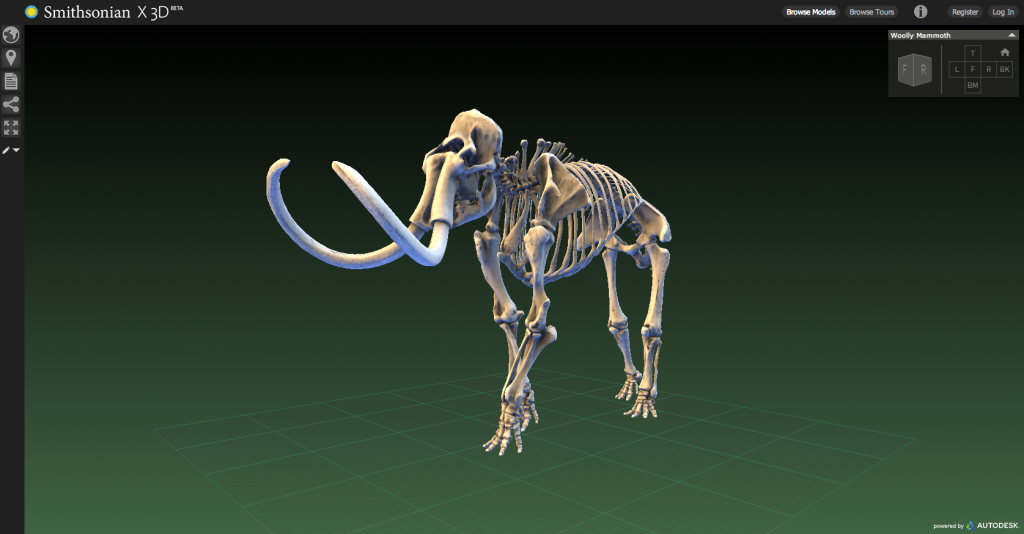“Scholar Metrics provide an easy way for authors to quickly gauge the visibility and influence of recent articles in scholarly publications.” On June 26th, Google released the 2014 version of Scholar Metrics. “This release is based on citations from all articles that were indexed in Google Scholar as of mid-June 2013 and covers articles published in 2009–2013.” More info on Google Scholar Blog. Be sure to click on the categories and sub-categories on the left menu to drill down by discipline.
You can also get journal citation metrics from Scopus (library subscription database of scholarly articles).
Click on Browse Sources to see a list by subject (some categories are very broad) – you can rank by SJR or SNIP, but only within each letter of the alphabet. You can also click on Analyze Journals and get metrics for a specific journal and compare with up to 10 journals you select. See a brief demo here. More tutorials are available on Scopus.



You must be logged in to post a comment.